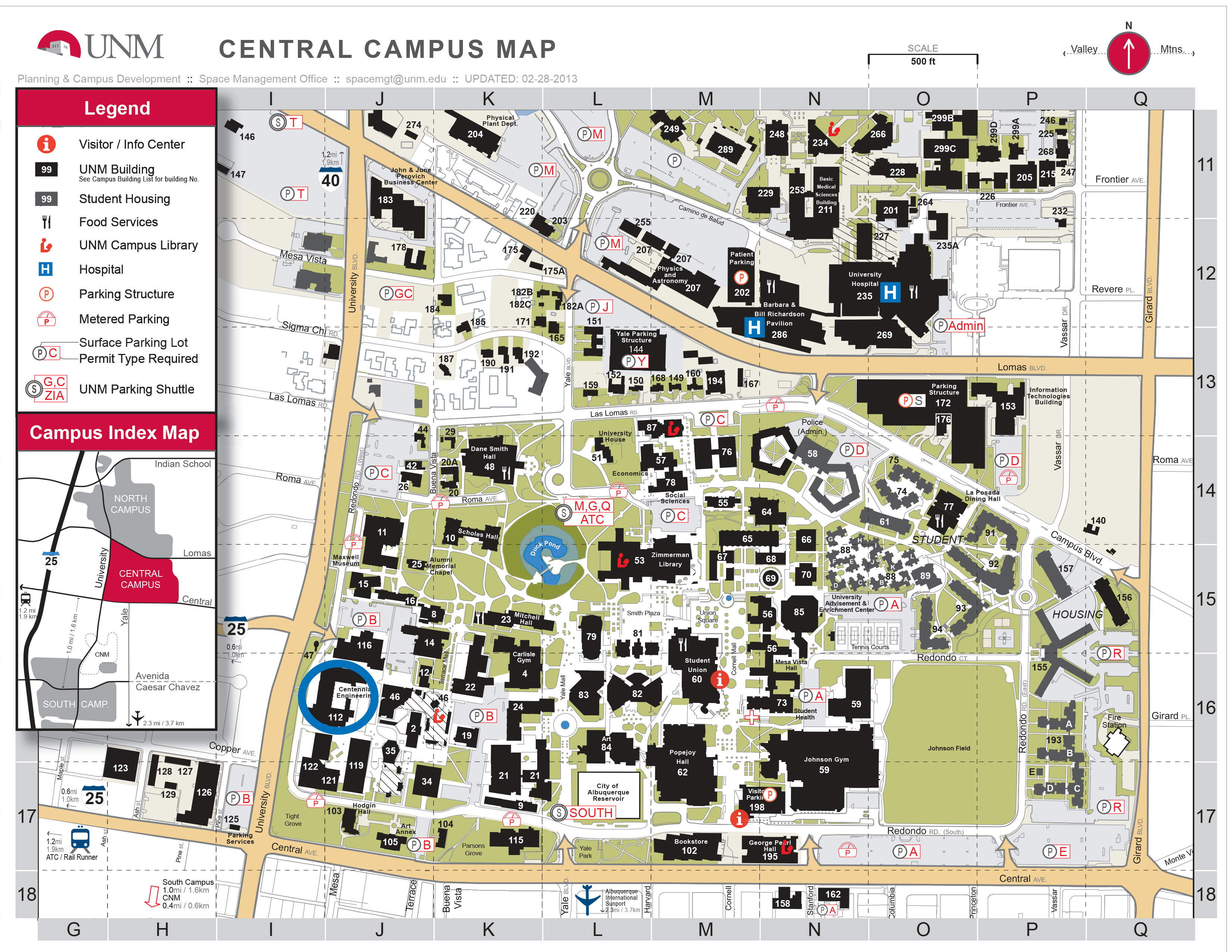About the STEM Mentoring Program

SEMESTERLY DEADLINES: FEBRUARY 5 AND SEPTEMBER 5.
Matches will be announced by the following Wednesday.
The UNM STEM Mentoring Program is open to all UNM STEM students, regardless of academic achievement. The program helps UNM STEM undergraduate students build a supportive relationship with a scientist, engineer, or other relevant professional from Air Force Research Laboratory (AFRL), Sandia National Laboratories (SNL), or other local companies and organizations. Students in the program are matched with a mentor who is a STEM professional and the two of them collaborate on various informal activities to enhance their schooling experience and professional development.
Mentors are people who know something that you want to know. People are not born knowing how to become a STEM professional. People must learn how to become a STEM professional, and learning is often easier with a teacher’s support. Mentors have already been through similar situations to what the students will go through and can help make the process easier.
"The mentorship program is really helping me see that engineering can be for someone like me." - Daisy Belmares-Ortega
(Note: We do not match with Medical professionals. For students interested in the clinical medical fields, you would like to build relationships with a health professional, or explore health-related careers, visit the Office for Pre-Health Professions at prehealthprofessions.unm.edu, or the HSC Office of Diversity Programs at hsc.unm.edu/programs/diversity/student-programs)
Learn more and APPLY TODAY!!
UNM Undergraduate Student Information and Interest Form & Letter to Potential Mentees
Professional Mentor Information and Interest Form & Letter to Potential Mentors
Join us for our (More info HERE):
- STEM Mixer (Spring; typically the 1st Friday after matching)
- STEM Mixer & Industry Networking Social (Fall; typically the 2nd Tuesday in September)
- ABQ BioPark Society
- AFRL
- Booz Allen Hamilton
- KiloNewton
- Leidos
- Los Alamos National Laboratory
- Meow Wolf
- NASA
- NM LTAP
- Quartus Engineering
- Sandia National Laboratories
- Unirac, Inc.
- University of New Mexico
- Yearout Energy Service Company

